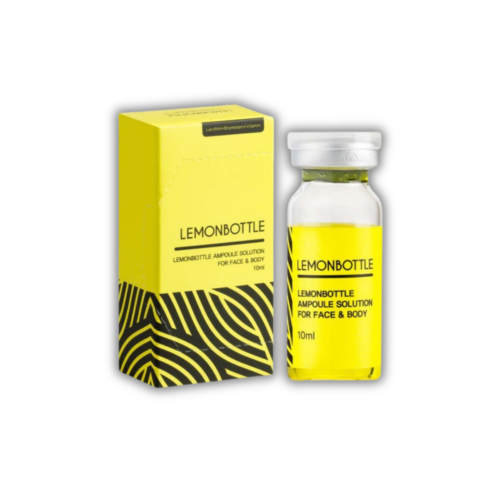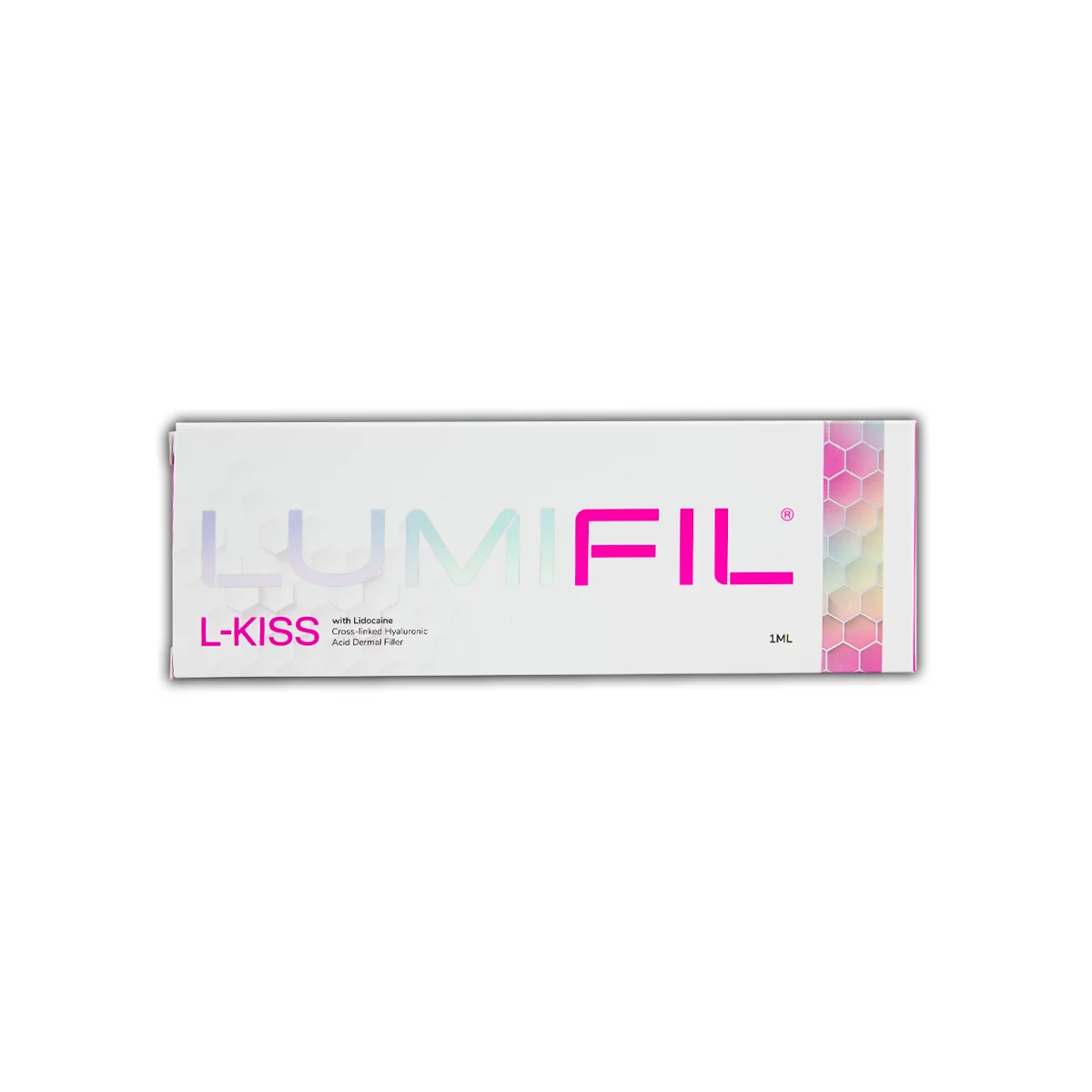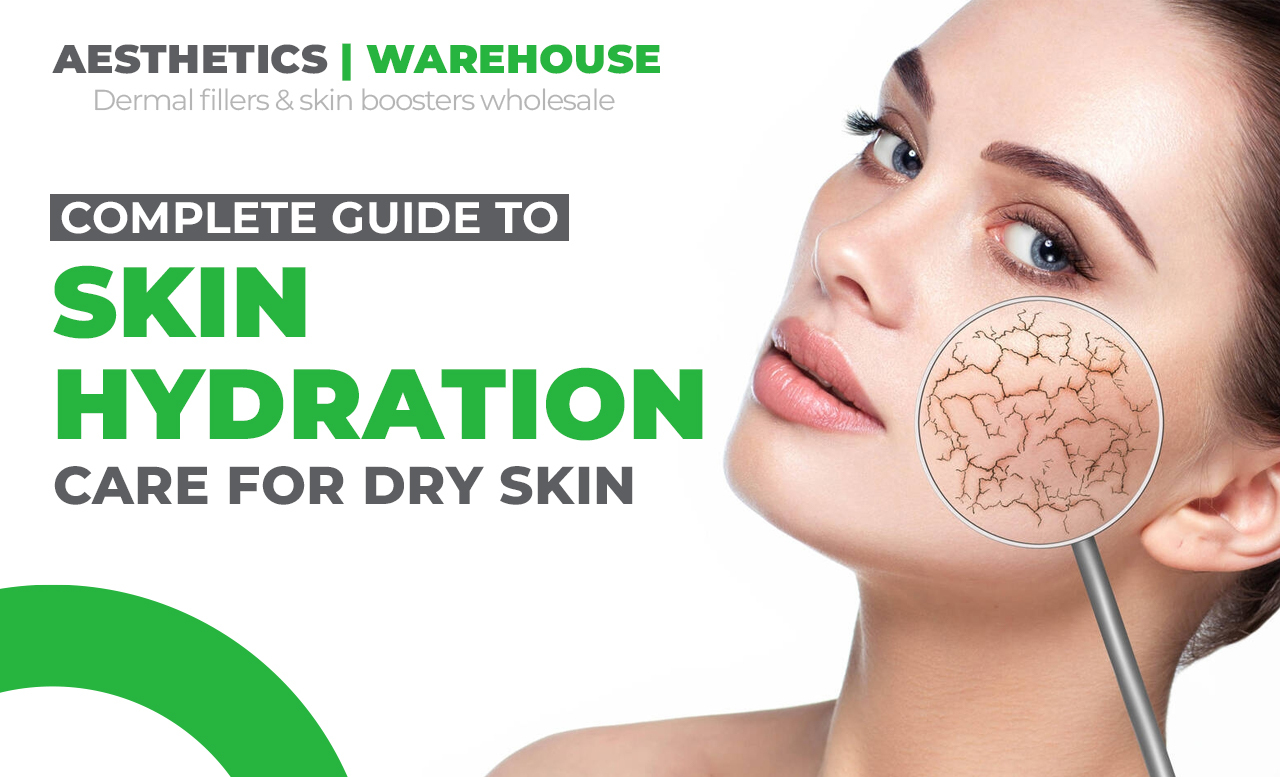Order by 3pm to Get Next Working Day Delivery
Save an extra 10%
-
HOT

Lemon Bottle ( 1 Vial )
£29.99 £24.99 ex. VAT -
HOT

Lumifil Kiss
£20.40 £17.00 ex. VAT



Does your skin feel dry and itchy? It’s probably because your skin is dry due to the lack of hydration. Dry skin is a common issue that can affect anyone at any age. Whether it’s due to environmental factors, daily habits or a specific health condition, dealing with dry skin can be frustrating.
While it’s good to use creams and serums every once in a while, It’s essential to have a daily skin routine to get your skin from dry and flaky to soft and hydrated.
This guide will walk you through effective strategies to care for dry skin, ensuring your skin stays healthy and glowing all year round.
Skin dehydration happens when the cells underneath the skin barrier lose too much water causing the cells to contract due to the loss of moisture.
Here’s why this can happen:
Choose gentle, scent-free cleansers that preserve the skin’s natural oils. Steer clear of harsh soaps and opt for products.
Use lukewarm water instead of hot water when bathing or showering. Limit your shower time to 10-15 minutes to prevent moisture loss.
After bathing, gently pat your skin dry with a soft towel rather than rubbing. This helps retain some moisture on the skin.
Moisturize your skin immediately after washing or bathing while it is still damp. This helps to lock in the moisture. Choose a thick, oil-based moisturizer for better hydration.
Drink plenty of water throughout the day. Staying hydrated internally is just as important as external hydration.
If you live in a dry climate or use indoor heating, a humidifier can add moisture to the air, helping to keep your skin hydrated.
Wear gloves when doing household chores to protect your hands from harsh detergents. Use a lip balm to keep your lips from drying out.
Exfoliate your skin once a week to remove dead skin cells. Choose a gentle exfoliator to avoid further irritation.
Be mindful of products that contain alcohol, fragrance, or other irritants that can exacerbate dryness.
Moisturisation is when the skin barrier is locked which helps water to stay inside. They seal moisture which helps the skin heal and is soft and smooth.
Hydration is when water particles enter your skin daily. This is a temporary solution to keep your skin fresh but the water exits your skin just as fast as it enters it.
If your dry skin persists despite following these tips or if you experience severe symptoms such as intense itching, redness, or cracking, it’s best to consult a dermatologist. They can provide a personalised treatment plan and check for any underlying conditions that might be the reason for your dry skin.
You may like to read: Skin health: The 12 best vitamins & nutrients for healthy skin
Caring for dry skin involves a combination of proper skincare habits, the right products, and lifestyle adjustments. By understanding the causes and following a consistent hydration routine, you can keep your skin healthy, hydrated, and comfortable. Remember, the key is to maintain a balance between moisture retention and protection against environmental factors. With the right care, you can achieve smooth, supple, and radiant skin year-round.
Dry skin occurs when your skin doesn’t retain enough moisture, leading to feelings of tightness, itchiness, and sometimes even cracking.